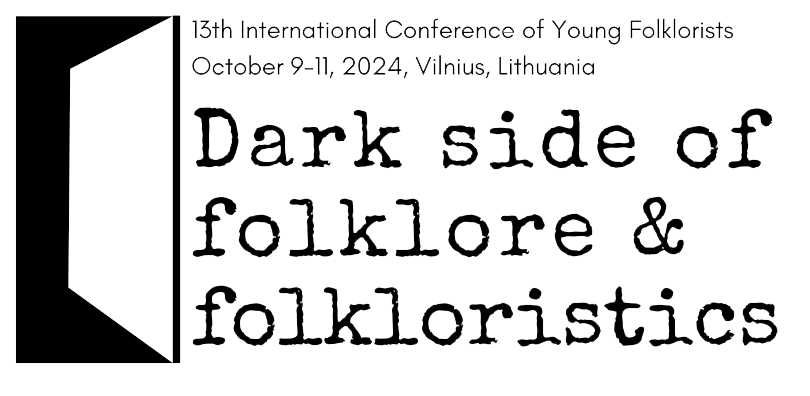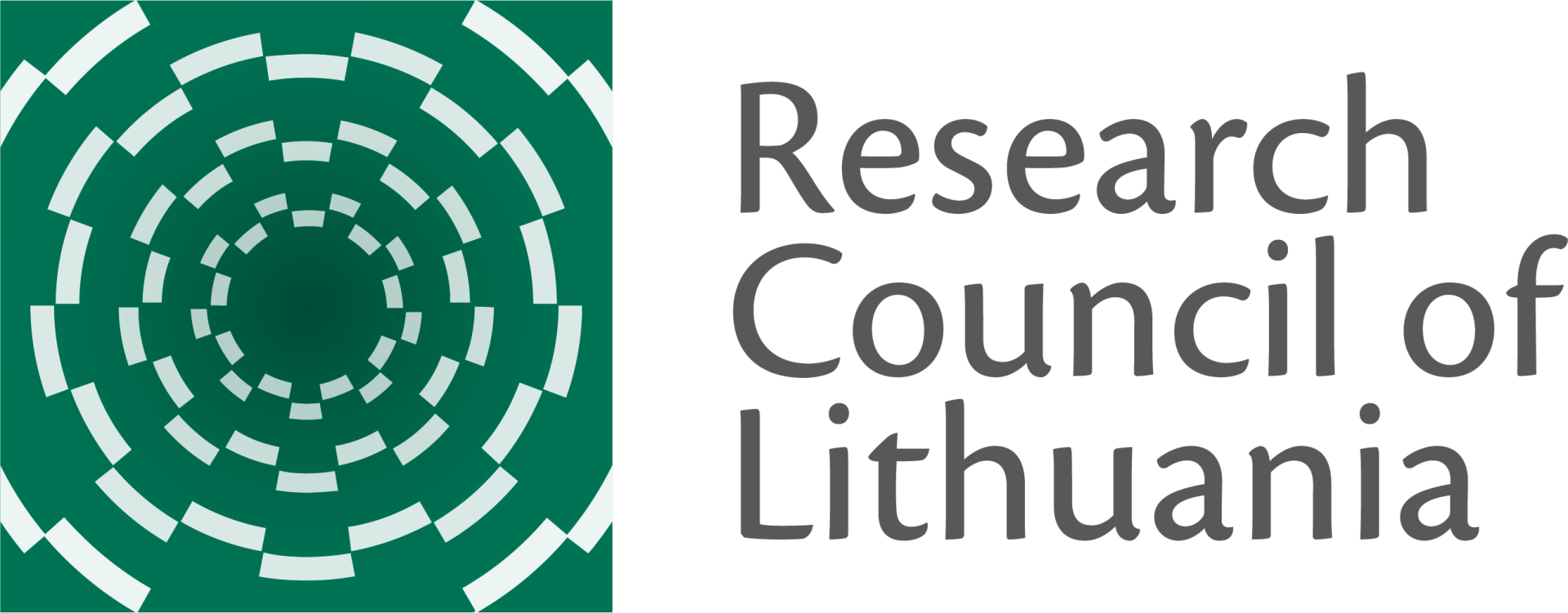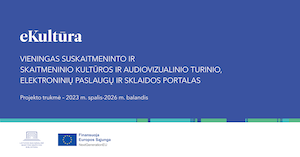2023-11-22
CFP: 13th International Conference of Young Folklorists “Dark Side of Folklore & Folkloristics”
CFP: 13th International Conference of Young Folklorists “Dark Side of Folklore & Folkloristics”

Since the beginning of time, the existence of the light was inseparable from the darkness. In folklore material of various cultures, darkness could take the shape of a mythological being or to be perceived as looming threat and danger. It could inhabit words, deeds, and wishes, enabling people to believe in dark magic, curses, actions that could bring harm and misfortune. It could also be attributed to the violence and crimes that took place in the community, as well as be seen as a power that can influence people to make questionable or condemnable choices.
However, sometimes even an academic approach cannot or would not cast enough light onto the matters of certain topics, leaving particular parts in the darkness. This kind of modus operandi might even alter the views on traditions and folklore nationwide, as (un)consciously silencing disagreeable subjects might leave a wrong impression of it not existing in the first place.
13th International Conference of Young Folklorists invites scholars to explore topics that in traditional cultures were considered uncomfortable, immoral, a taboo, hid in the darkness not only because of people who did not wish to converse in them, but also by folklorists who seemed to deem them disagreeable, improper, not worthy to write down. Potential themes include but are not limited to the following subject areas:
- Processes of demonisation and alienation in traditional folklore;
- Mythological beings and demons in archival folklore material;
- Fear, disgust, and other uncomfortable emotions within folklore;
- Historical contexts of collecting controversial or “forbidden” folklore material;
- Political and/or personal censorship of “inappropriate” folklore;
- Negatively charged spaces and places in traditional narratives;
- Decolonization of historical narratives;
- Conspiracy theories, doomsday narratives, and urban legends in (digital) ethnography;
- Rethinking of crime and violence in folklore;
- Tracking of the queer ethnography;
- Taboo topics in contemporary fieldwork;
- Geopolitics, national politics, and folklore.
Since this topic is relevant not only in folklore studies, but also in anthropology, oral history, cultural heritage and religious studies, as well as other related disciplines, participants from other fields are also welcome to join the conference. The working language of the conference is English.
Please submit abstracts of 350 words, along with your name, institutional affiliation, email, and a brief biographical note (2–3 sentences) to the conference email yofovilnius24@gmail.com. The deadline for the abstracts is 13 March 2024. Notifications of acceptance will be sent out by 15 April 2024. There is no conference fee, however participants are expected to cover their travel and accommodation expenses.
The conference is organised by the by the Institute of Lithuanian Literature and Folklore. This project has received funding from the Research Council of Lithuania (LMTLT), agreement No S-LIP-24-5.
.png)






